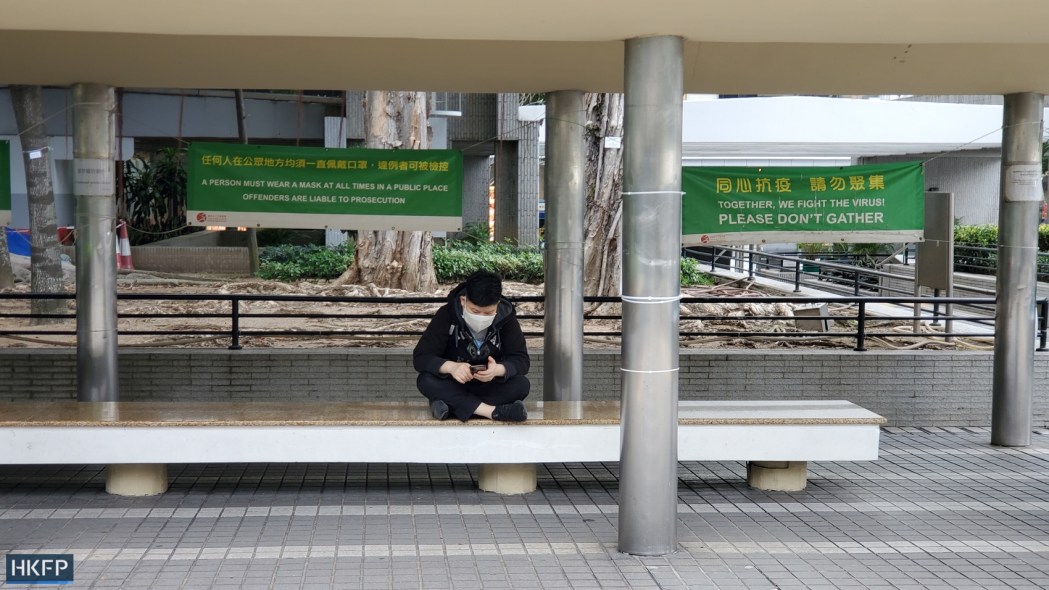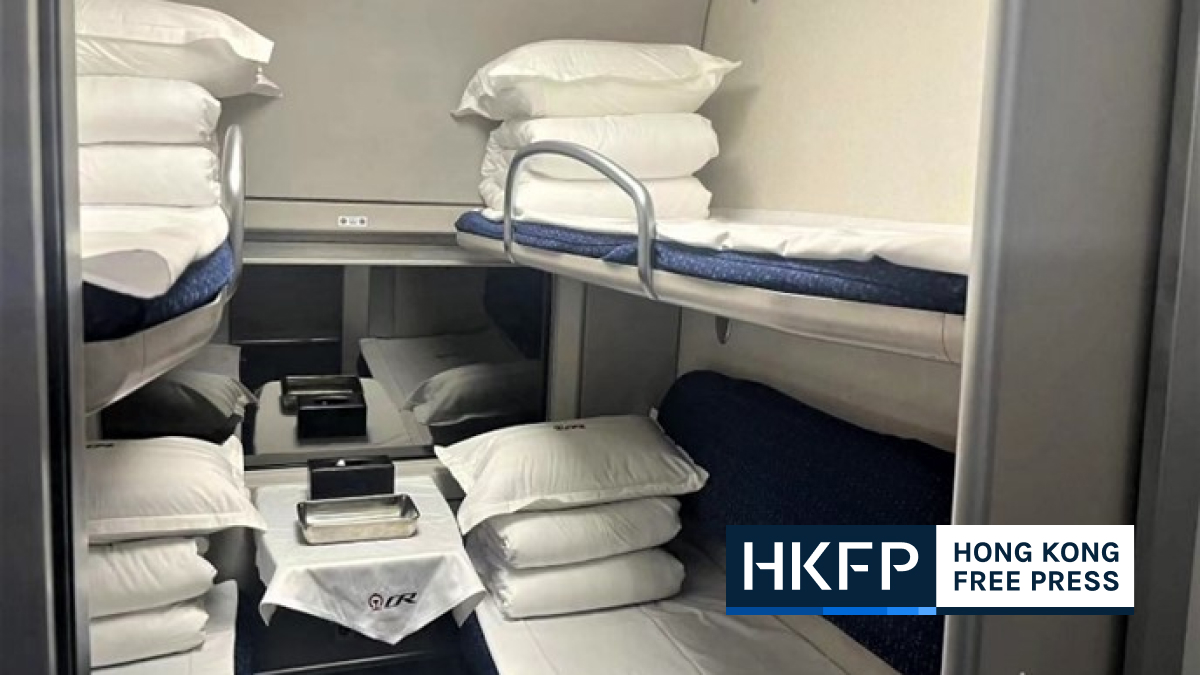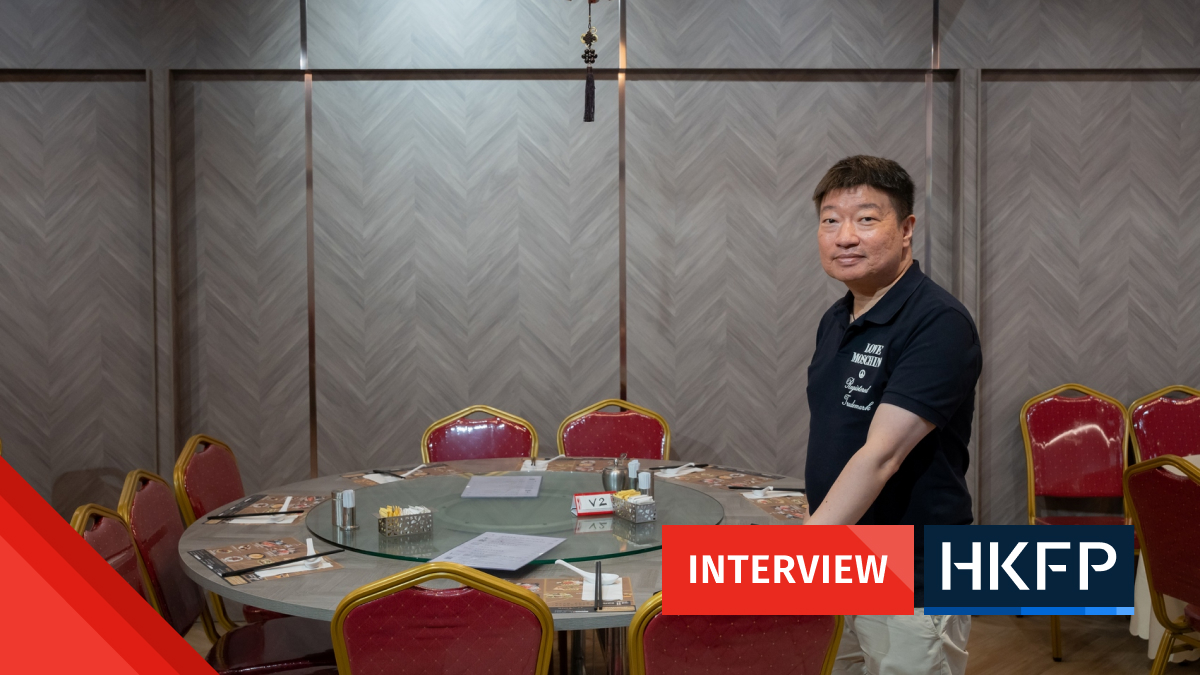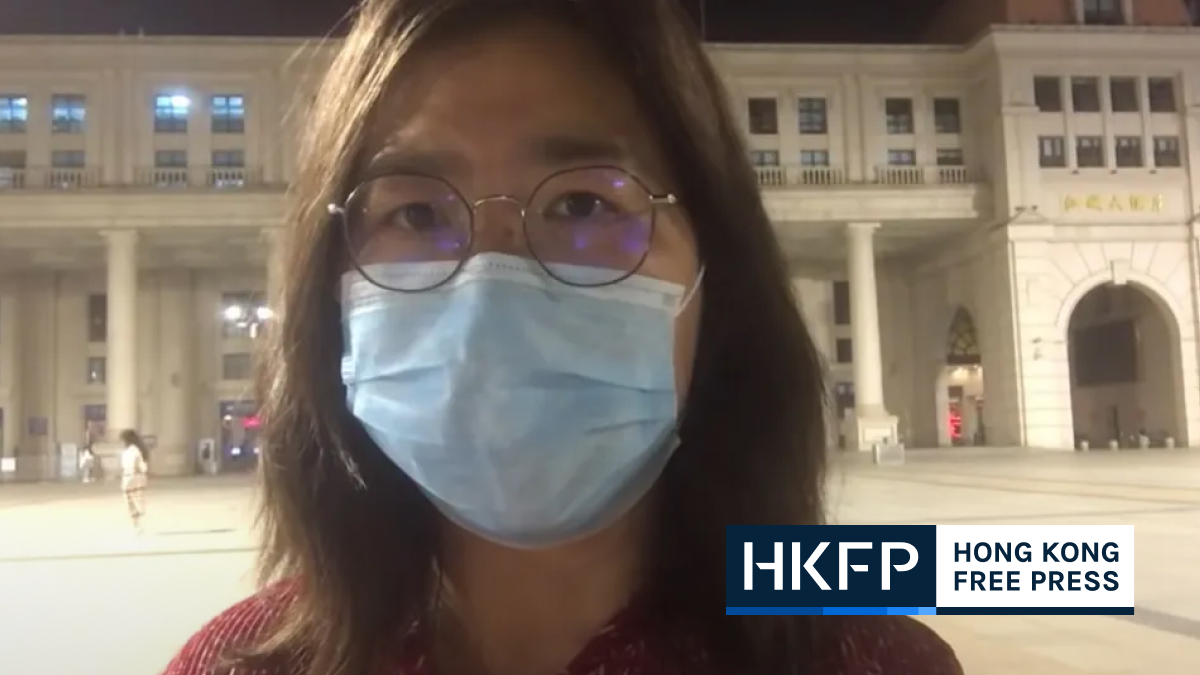Hong Kong has changed how it reports its daily Covid-19 cases, with the number of imported infections now announced separately from local ones.
Previously, in both the daily afternoon press conference and the government press release published that night, imported cases were included in the total number of infections found through nucleic acid and rapid tests.

During the press conferences, authorities announce the daily Covid-19 case count at the outset before specifying how many were imported. This has been the case since the pandemic began over two years ago.
But on Tuesday, the number of imported cases was presented separately for the first time. Albert Au, the principal medical and health officer of the Centre for Health Protection, said there were 752 local Covid-19 cases, provided a breakdown of the number found through nucleic acid and rapid tests, then added that there were 97 imported infections.
The change was not explained during the press conference.
A number of media outlets – including iCable, NOW and HKFP – erroneously reported that there were 752 new Covid-19 infections on Tuesday.

In fact, the correct caseload, including local and imported infections, was 849.
The government press release published that night specified the number of “locally acquired cases,” and, separately, how many were imported.
Over the past week, imported cases accounted for an average of 11 per cent of the total number of daily infections.
Isolation rule tightened
Authorities also announced on Tuesday that family members of Covid-19 patients who share living spaces – such as bedrooms or toilets – would be sent to designated isolation facilities.
“This is to protect their and their family members’ health,” health secretary Sophia Chan said, adding that the government may reopen community isolation facilities for this purpose.
“As cases are climbing now, we will enforce this measure strictly,” Chan said. The city has seen an uptick in Covid-19 cases in recent weeks.
Hong Kong has recorded 1,220,761 Covid-19 cases since the pandemic began over two years ago, and 9,391 deaths.
Testing requirement for bar customers ‘troublesome’
In the same Tuesday press conference, authorities announced a new rule requiring people to show a picture of a negative Covid-19 rapid test taken withing 24 hours to gain entry to bars and clubs.
The measure – which comes into effect on Thursday – was introduced in light of outbreaks at nightlife establishments, mostly in Central and Sheung Wan.

Ben Leung, charter president of the Licensed Bar and Club Association of Hong Kong, said he feared that the requirement would drive people away from bars and to restaurants, where customers would not need to take a Covid-19 rapid test.
Speaking on an RTHK radio show on Wednesday morning, he said: “Many people who made bookings at bars, they called [the businesses] and said they would cancel them because of the new [Covid-19 rapid test requirement]. They said they would go to restaurants instead, as it would be less troublesome.”
Leung added that the government did not consult industry representatives before announcing the requirement. “I only knew about it when I read the news,” he said.
Chan, however, said on the same radio show that the new requirement would keep bar customers “safe” amid ongoing outbreaks.
Support HKFP | Policies & Ethics | Error/typo? | Contact Us | Newsletter | Transparency & Annual Report | Apps
Help safeguard press freedom & keep HKFP free for all readers by supporting our team















